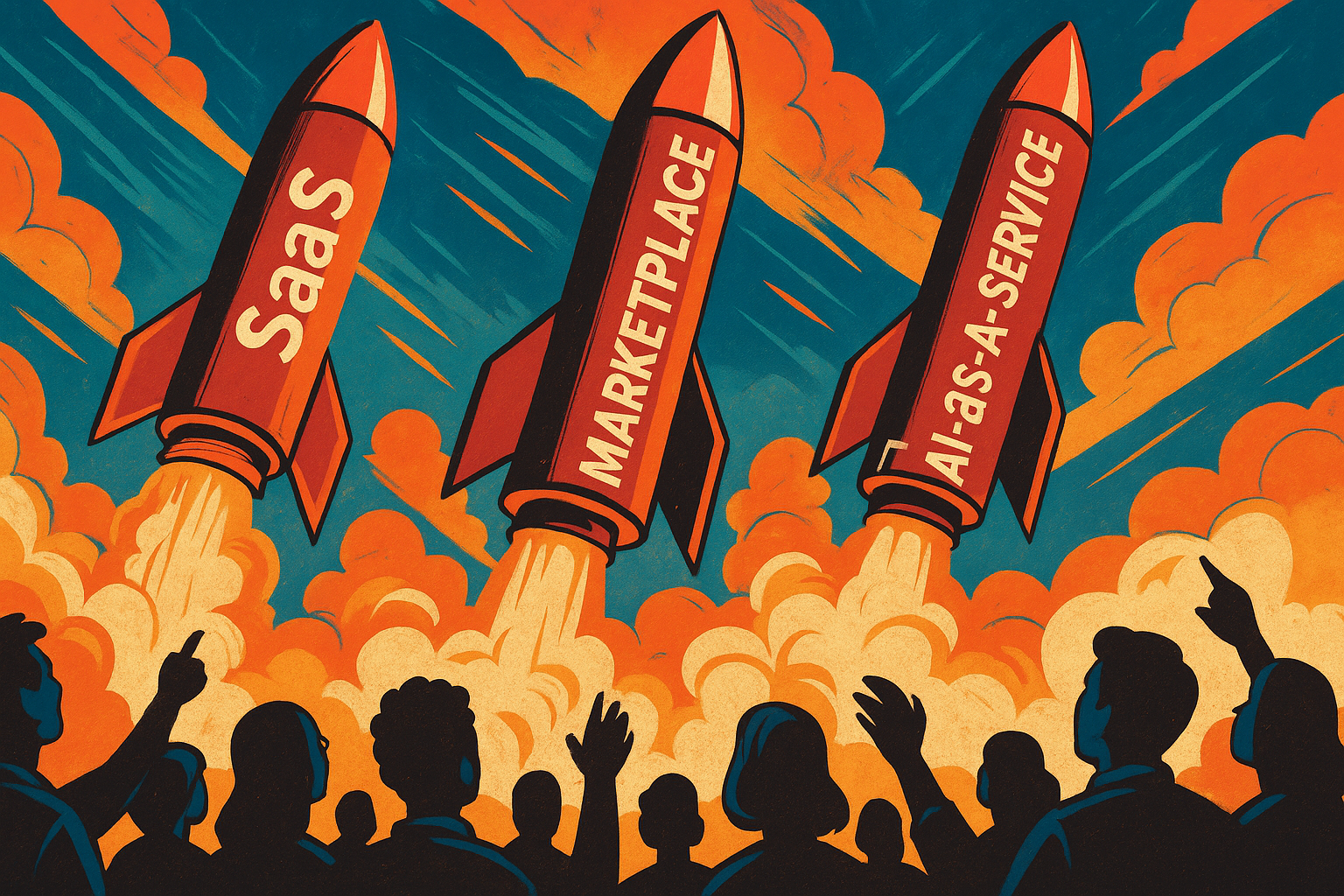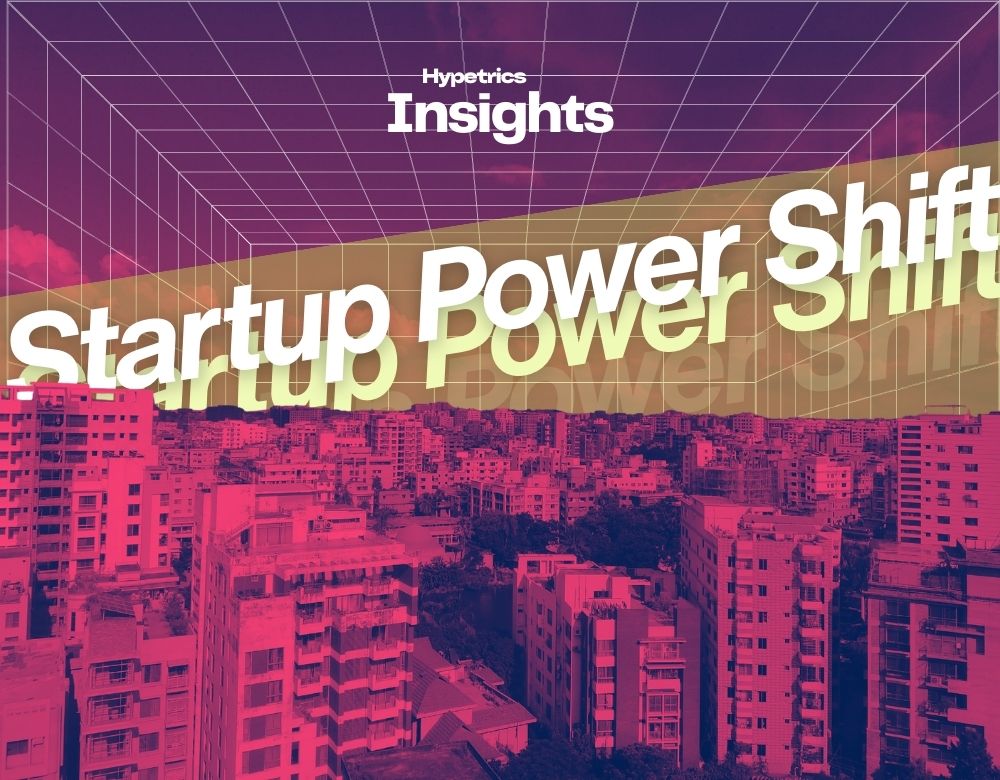By 2025, the startup sector will be more flexible, thanks to the recovery after the pandemic, increased use of technology, changes in the global economy and changing preferences of consumers. Entrepreneurs are moving away from trying to grow quickly and are now choosing lean business models to survive and fit into their communities. The changing landscape benefits some startups, which are doing better than just getting by. Let’s check out the ones picking up speed this year.
Vertical SaaS: Specialization Wins
With generic SaaS being replaced by Vertical SaaS, businesses in healthcare, legal, logistics and agriculture have offerings fitted to their sectors. CureAI (in healthcare) and FarmSmart (for agriculture) are producing specific technology products that tackle challenging situations for chosen audiences. As a result, they enjoy lower rates of customer loss, better customer retention and creative changes within the sector.
Marketplace 2.0: Curated and Hyperlocal
For years, marketplaces have played an important role, and currently, the most successful approach is through curation and targeting areas very close to the users. Why use ordinary platforms when startups can build communities based on trust? Twiddles links customers with homegrown brands from the D2C world, and Skill Loop connects local freelancers with verified ability scores on the spot. They work well because they offer trust, specialized tasks, and smooth out the process of finding products or services.
AI-as-a-Service (AIaaS): Micro-Tools for Macro Impact
The hype about AI has moved away from making general models to making AI designed for a specific need. AI-based solutions for legal document review, HR recruiting and business forecasting are becoming more popular with startups. Because services like DraftIQ and HireScope provide APIs that are simple to put into action and charge based on use, they appeal to businesses both large and small.
Sustainability-First Commerce: Values Drive Value
By 2025, simply making a brand sustainable will not be enough; it needs to become a key benefit. Brands that focus on climate and ethical values are keeping customers and earning more from each customer over time. EarthKind Apparel and GreenCart work to attract followers by joining storytelling with a clear and straightforward supply chain. To keep their margins and promote expansion, brands in the streetwear sector focus on subscriptions, controlled supply and connecting with the community.
Solopreneur Infrastructure: Empowering the One-Person Army
Given the rising number of people freelancing, coaching and creating indie content, startups helping solopreneurs have become more successful. The BizKit app for freelancers and CoachDeck for independent coaches help manage both money and clients all in one place. The tools are available for free and charge larger amounts for more advanced options.
Embedded Finance: Monetizing the Ecosystem
Mixing financial tools with platforms other than banks is changing the way businesses make money. These types of startups encourage users to stay, for example, FlowPay with invoicing and RideFund with payouts. An increased use of revenue share, data and network effects makes these startups attractive to businesses offering services to other companies.
Community-Led Growth: The Network is the Product
In 2025, companies that achieve success set more than a product apart—they create a real community. In its place, companies now focus on growing by getting users to share and contribute to the product. Sites such as Loopspace and LearnTribe incorporate community building with subscription software to make their services harder to compete with. Users can access the lessons by paying for the premium account or by activating the learning modules offered by partners.
HealthTech 2.0: Decentralized and Preventive
The health technology sector is maturing and increasing attention is being given to decentralization and prevention. Besides hospital care, new HealthTech 2.0 companies like PulseTrack (for wearable diagnostics) and MindEase (for digital mental wellness) are now helping people at a personal level. Common options now include wellness plans based on subscriptions, devices linked through the Internet of Things (IoT) and tele-consultation packages.
One of the main qualities of successful startups in 2025 is a merging of their sense of purpose and the ability to earn profit. Startups that correctly identify their industry, value their users and utilize tech the right way are leading the competition. Once the noise is gone, it is obvious: only lean, ethical, data-oriented and human-focused business models are succeeding. Entrepreneurs are now putting more focus on being mindful.










